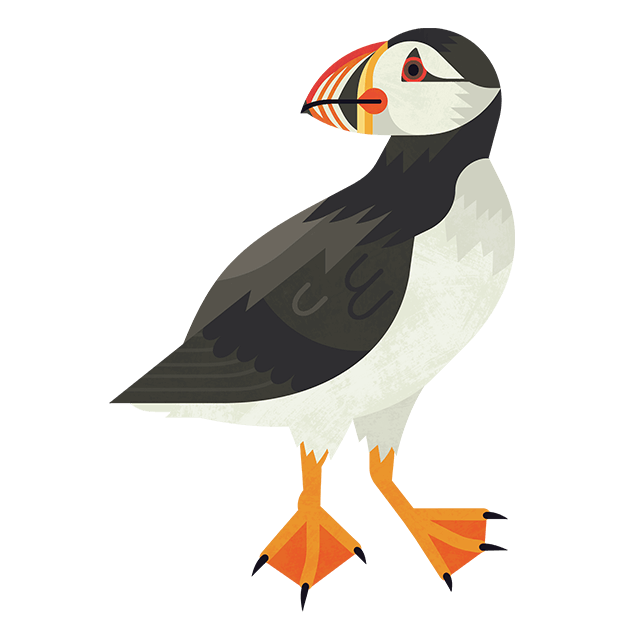
New governmental rules are a positive step to safeguard our seas
4,000km2 of our seabed can rewild after UK Government bans bottom-towed gear, and UK and Scottish Governments announce permanent closures of sandeel fisheries
We are getting there - slowly but surely!
Today the UK Government announced new byelaws to protect over 4,000km2 of seabed from bottom trawling in 13 marine protected areas in English seas. The update means that an area of precious seabed equivalent to the size of Essex will now be relieved from the devastating drag of destructive bottom-towed fishing gear.
The 13 areas protected by the byelaws, including large sites off the south coast of the Isle of Wight, 50km west of Land’s End and 30km east of Lowestoft, brings the total number of offshore MPAs in English seas with at least partial protection from bottom trawling to 17. But the UK Government has promised protection for a further 28 offshore sites in English waters by the end of 2024.
If, through this closure, our sandeel stocks can recover from decades of exploitation, then we are finally giving our threatened marine wildlife a chance to recover too.
We know there is still a lot for us to do to restore the health of our seas and we will be pushing Governments across the UK to deliver on their promises.
Gareth Cunningham, Director of Conservation and Policy at the Marine Conservation Society: “You would assume that designating an area as a ‘Marine Protected Area’ would protect the site from damaging activities. Regrettably, this has not been the reality for many sites, with effective management measures often slowly implemented.
“The closure of English and Scottish waters to sandeel fishing allows vast areas outside our network of protected areas much-needed breathing room, benefitting a host of marine species, from fragile sea sponges to the fish, cetaceans and seabirds that rely on sandeels for food”
Today’s announcements are crucial in properly protecting our seas and we’ll be pushing Government to live up to its promises.
By allowing our seabed to recover and thrive we increase our ocean ecosystems’ resilience to climate change, and we protect our vast marine carbon stores. Much of the carbon stored in the UK’s seafloor (93%) is found in the muddy and sandy sediments in offshore waters.
When the seabed is trawled, stored carbon is released into the water column, negatively impacting water chemistry and ocean productivity. When left undisturbed, these habitats store carbon for perpetuity: it’s a win-win situation.

Credit: Sam Mansfield
The Marine Conservation Society has been campaigning and pushing for designation and proper management of our MPAs for decades - so let’s pause, take a deep breath, and celebrate this success.
Today’s announcements are testament to diligent research and advocacy, dogged determination and a coordinated approach with our partner environmental organisations. We hope today’s news will have an encouraging and catalysing effect on Scotland’s marine protected area management consultations, due to be launched in 2024.
Collectively, positive outcomes can help the whole UK achieve proper protection for at least 30% of our seas by 2030.
Why protections are so important: Dogger Bank, a success story
Dogger Bank is one of England's first offshore MPAs to receive full site protection from bottom trawling. Our research shows that since the ban came into force in June 2022, seabed fishing has reduced by 98%. Fishing activity has dropped to an average of 10 hours every 6 months, compared to 623 hours before action was taken.
Dogger Bank covers a vast area of England’s seas – equivalent to an area five times the size of the Lake District National Park. The change in fishing activity in Dogger Bank highlights how successful and necessary bottom-towed gear bans are for seabed conservation, meaning crucial habitats and species receive the protection they need in order to recover and thrive.




